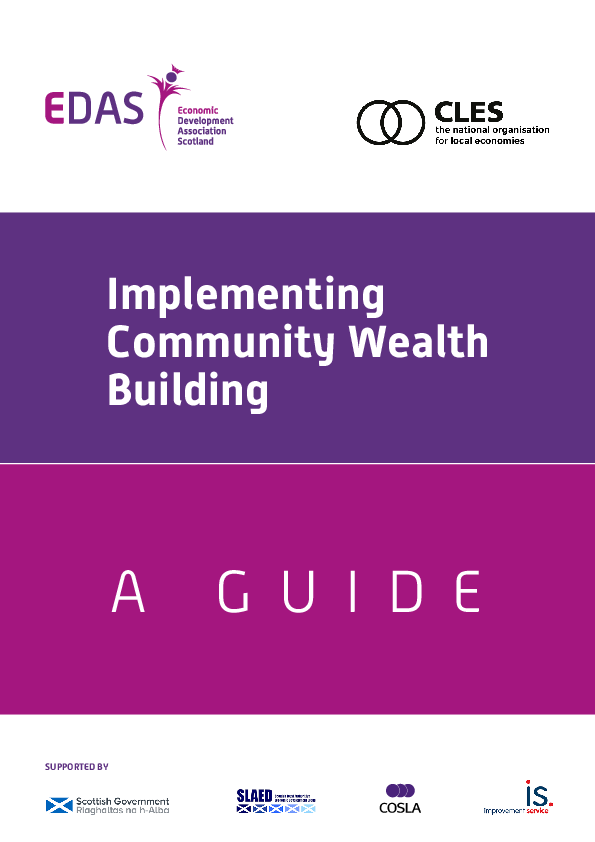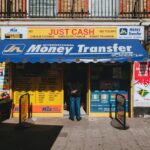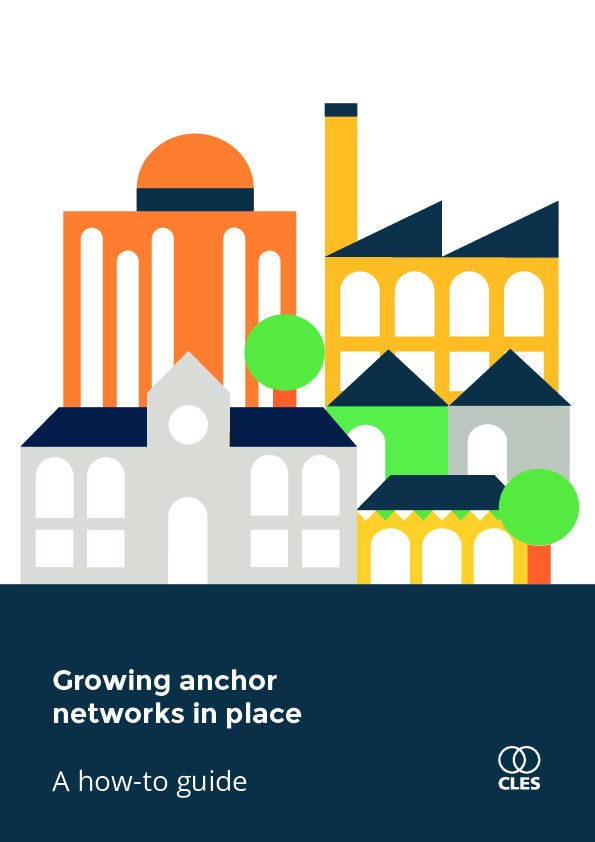Podcast: J. Phillip Thompson
In this special episode, we are sharing J. Phillip Thompson’s keynote address from our Community Wealth Building Summit in November 2020.
Phillip is the Deputy Mayor for Strategic Policy Initiatives in New York City and the author of Double Trouble: Black Mayors, Black Communities, and the Call for a Deep Democracy. In the podcast he explains his thoughts on the US election, the huge racial divides that are running rampant in the country, his plans for New York City and campaigns for community wealth building, rebuilding the post-COVID economy in a more equitable fashion, the problems in the current economic system in NYC, building an economy that suits the workers and communities across the US, and more.















